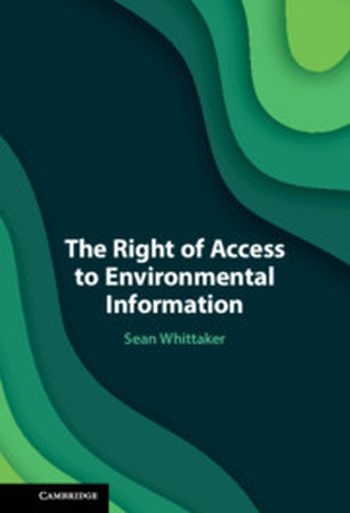
The book discusses the normative impact of the Aarhus Convention on how England, America and China guarantees the right of access to environmental information. Through this analysis the book identifies each of these jurisdictions' unique conceptualisations of the right which, in turn, influences the design of their respective environmental information regimes. This allows these jurisdictions potentially to act as sources of legal reforms for each other to improve how the right is guaranteed via legal transplant theory, challenging the normativity of the Aarhus Convention. This is not to suggest that the Aarhus Convention exerts no normative influence on how the right is guaranteed; there are core substantive and core procedural elements which have to be met for the right to be effectively guaranteed, and the book shows that the Aarhus Convention does exert a normative influence over the procedural elements of the right.